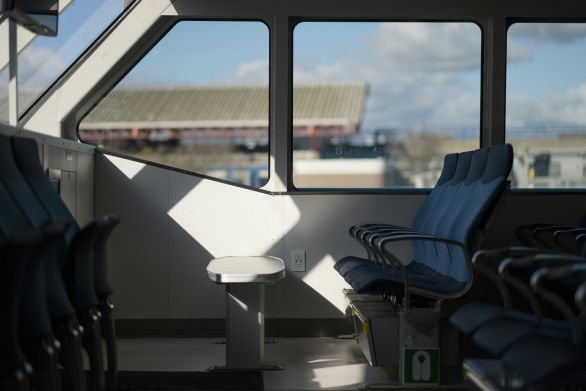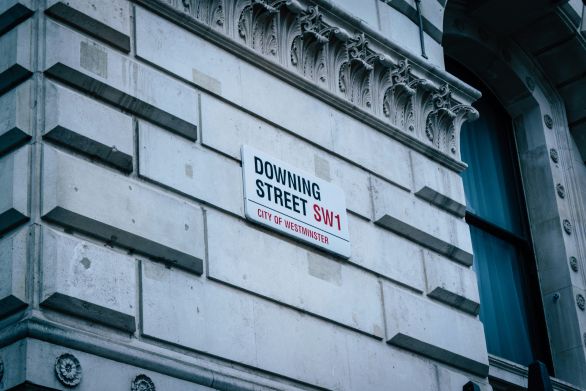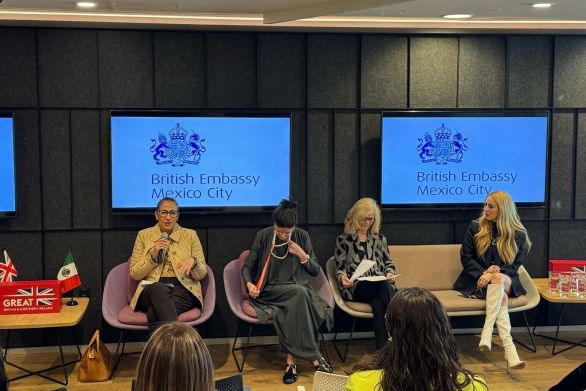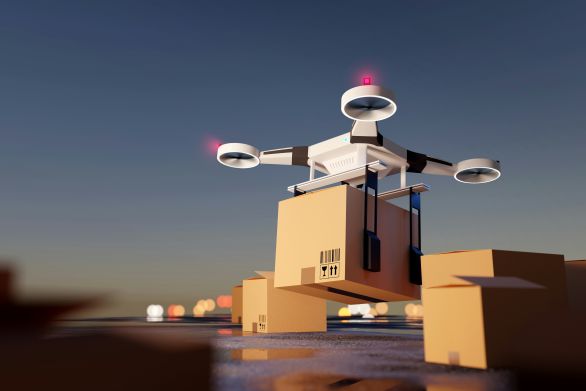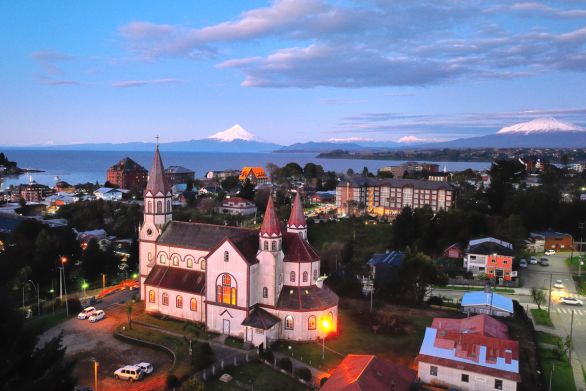Universities face increased competition as they work to attract the world’s top students and academics. In a rapidly evolving marketplace, the expectations of students and their parents have grown in line with a shrinking pool of applicants and reductions in Government support.
Today, with over 300 UK higher education institutions competing for up to half a million fee-paying students, the stakes are high.
To address the challenge, many UK universities have invested in strategies to differentiate them from the competition and to simultaneously deliver a positive student experience. A sense of welcome and the subsequent ability of the university community — a population that often equates to a small/medium-sized town — to navigate the campus and to explore surrounding areas forms a major part of that experience.
Steer Davies Gleave’s work with Middlesex University, over the last five years, illustrates this perfectly. Located in a residential area in north London, the University’s Hendon Campus has grown into a permanent base of over 15,000 students, academics and staff. Concurrent with this population growth, the University committed to reduce private car use and to encourage the use of sustainable transport choices, including public transport, walk and cycle.
Middlesex University’s wayfinding strategy, designed and delivered by Steer Davies Gleave, has helped the university achieve this sustainable growth while making campus life easier and enhancing the physical environment. The strategy encompasses all journey stages — from pre-planning at home right through to arrival at the final destination — and required close working with internal stakeholders, the campus architect/master-planner, London Borough of Barnet and Transport for London.
Delivered outputs include off-campus information, external and internal campus signage and environmental graphics, print and digital media, route definition through landscape and lighting, and temporary interventions to cater for special events.
Our current role includes the creation of wayfinding design guidelines and conceptual design of public realm opportunities in the surrounding area to create a heightened sense of place, improve pedestrian safety and provide for safe access from local gateways.



